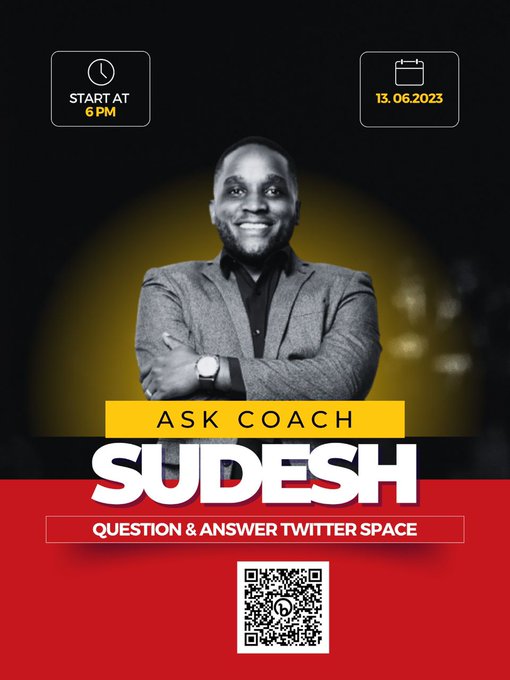Disclaimer: This post will not make sense to those who don’t own or run Companies but when time comes to build a time please refer to it.
Every good company needs great people. The best companies invest time, money, and sweat equity into becoming world-class recruiting machines. But how far should you take your quest to build the world’s greatest team? Is it fair game to hire employees from your friend’s company? Will you still be friends?
First, what do I mean by “friends”? There are two relevant categories:
- Important business partners
- Friends
For this discussion, friends and important business partners are roughly the same. Most CEOs would never target a friend’s company as a source of talent except the stupid ones. It’s hard to get friends in the business world and poaching talent is a sure way of losing friends.
Let’s look at how great talent moves from partner companies:
Your friend Cathy has a great Accountant working for her named Mitchell. Mitchell happens to be friends with one of your top Finance personnel. Your Accountant brings Mitchell in for an interview, unbeknownst to you, and he naturally sails through the process.
The final step is the interview with you, the CEO. You immediately notice that Mitchell currently works at your good friend Cathy’s company. You check with your people to make sure that they did not approach Mitchell first, and they assure you that Mitchell was already looking and will go to another company if not yours. Now what?
At this point, you might be thinking, “If Mitchell is leaving, then logically my friend Cathy should want him to go to my company rather than to a competitor or a company with a CEO whom she doesn’t like.” Maybe Cathy will see it that way, but probably not.
People generally leave companies when things are not going well, so you should assume that Cathy is fighting for her company’s life. In this situation, nothing will cut her deeper than losing a great employee, because she knows that the other employees will see that as a leading indicator of the company’s demise.
Even more damaging for Cathy is the fact that her employees will perceive your move as an act of betrayal—Cathy’s so-called friend is raiding her company. They will think, “Cathy is such an ineffective CEO that she cannot even keep her friends from hiring her people.” In this way, a logical issue quickly becomes an emotional one.
You don’t want to lose Cathy as a friend, so you assure her that Mitchell is the exception that he came to you and that he will be the first and only one of her employees that join your company.
Generally, this explanation will work and Cathy will understand and appreciate the gesture. She will forgive, but rest assured, she will not forget. Her memory of Mitchell will be important, because Mitchell will be just the first step in the demise of your relationship. Since Mitchell is a stellar hire, Cathy’s other strong employees will likely call Mitchell to understand why he left and where he is going. He will explain his reasoning and his reasons will be compelling. And suddenly they will want to follow Mitchell’s path and join your company, too. By the time you become aware of the situation, promises will have been made to prospective employees who approached Mitchell and offers may be out.
In each case, your employees will assure you that they were approached by Cathy’s employees and not vice versa. They will point out that the candidates have offers from other companies as well, so they will definitely leave and you might as well benefit from their restlessness. Cathy’s managers will almost certainly tell a different story. They will plead with her to get her friend to stop raiding their stable of employees or else they will never be able to meet their commitments. This will embarrass and enrage Cathy. In the end, social pressure will trump all your brilliant countervailing logic.
Here’s an easy way to think about the dynamic. If your boyfriend left you, would you want your best friend to date him? He’s going to date somebody, so wouldn’t you want your friend to have him? It seems logical, but this situation is far from logical and you just lost one friend.
So what should you do? First, keep in mind that the employees are either extremely good or you probably won’t want them in your company anyway. So, you will either be recruiting top-notch employees from your friend’s company or you will be adding mediocre people. Do not assume the people you are taking will not be missed.
A good rule of thumb is my Reflexive Principle of Employee Raiding, which states, “If you would be shocked and horrified if Company X hired several of your employees, then you should not hire any of theirs.”
Good employees should go to your “enemies” not friends. As Martin Luther King says “In the end, we will remember not the words of our enemies, but the silence of our friends” This means that comments from your enemies may hurt; however, the hurt from friends not standing by and supporting you is forever remembered.








